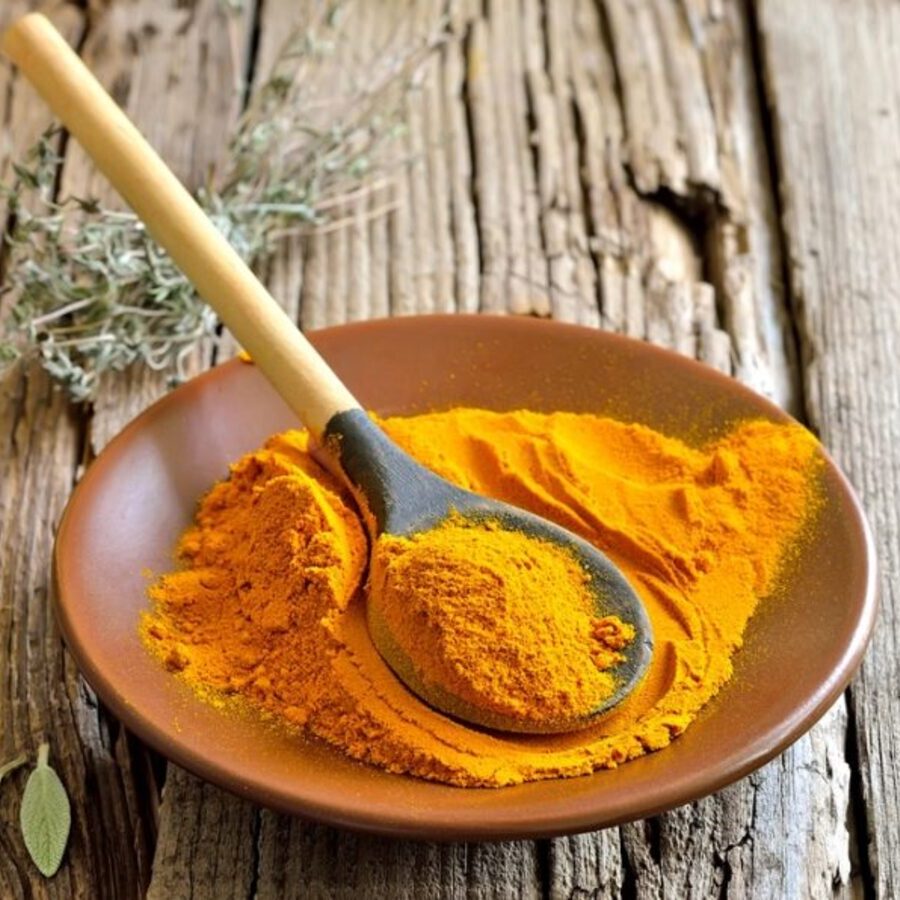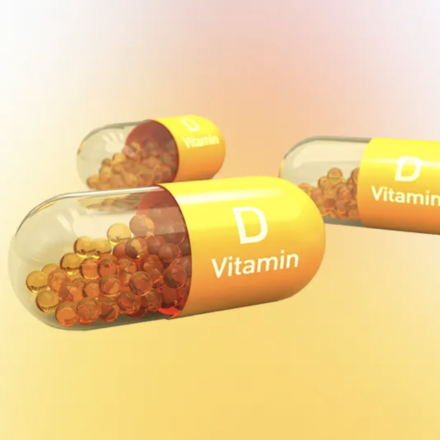Curry - The Spice Magic That Can Change Your Life: Why This Blend Belongs in Your Diet
Curry isn’t just a fragrant spice — it’s a whole philosophy of flavor and wellness gifted to us by India. This vibrant blend of spices — turmeric, coriander, cumin, ginger, and many others — has become a true superstar in kitchens around the world. But curry isn’t just about taste; it’s also a treasure trove of health benefits. Why? Let’s find out!
Curry isn’t just a fragrant spice — it’s a whole philosophy of flavor and wellness gifted to us by India. This vibrant blend of spices — turmeric, coriander, cumin, ginger, and many others — has become a true superstar in kitchens around the world. But curry isn’t just about taste; it’s also a treasure trove of health benefits. Why? Let’s find out!
Your Heart Says Thank You
The leading star in curry is turmeric. It contains a powerful compound called curcumin, known for its heart-protective properties. Curcumin helps reduce inflammation in blood vessels, lowering the risk of atherosclerosis — one of the main causes of heart disease. Thanks to the antioxidants found in other curry spices, the cells of your heart and arteries are shielded from damage caused by free radicals. That’s real prevention for anyone who cares about heart health.
A Healthy Gut = A Happier You
If you struggle with digestion, curry might become your best friend. Turmeric, ginger, coriander, and cumin all stimulate the production of gastric juices and pancreatic enzymes, helping food digest more quickly and efficiently. Say goodbye to bloating and heaviness after meals! What’s more, coriander and clove — also found in many curry mixes — have antimicrobial properties that help eliminate harmful gut bacteria.
Immunity on High
Curry is a powerful booster for your immune system. Curcumin helps protect your cells and reduce chronic inflammation, which can weaken your body’s natural defenses. Ginger supports the fight against infections, improves blood circulation, and delivers oxygen to your cells. Together, these spices help you stay strong and resilient year-round.
A Metabolism That Works for You
Coriander and cumin are valuable allies for metabolism support. Rich in vitamins A and C, coriander strengthens immunity and speeds up metabolic processes. Cumin, on the other hand, brings antibacterial and anti-inflammatory benefits. And let’s not forget about cinnamon — another common curry ingredient — which helps the body burn calories faster, reduce inflammation, and protect cells from oxidative stress.
Hormonal Balance — The Secret to Women’s Wellness
Curcumin is particularly helpful in regulating cortisol levels — the stress hormone that can throw off hormonal balance. Coriander also contains phytoestrogens, plant compounds that mimic estrogen’s effects in the body. These are especially helpful during menopause or hormonal shifts.
A Brain That Stays Sharp
Ginger is a natural brain stimulant. It enhances blood flow, oxygen delivery, and nutrient absorption in the brain. Curcumin supports cognitive function by boosting memory and concentration while helping reduce the risk of age-related neurological decline.



















